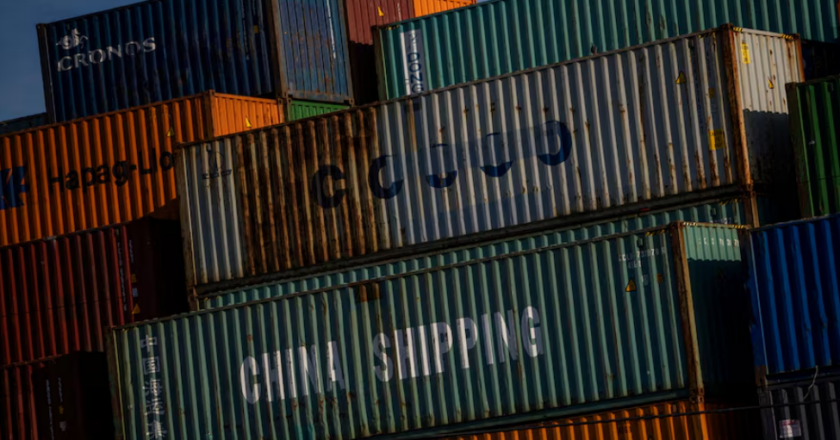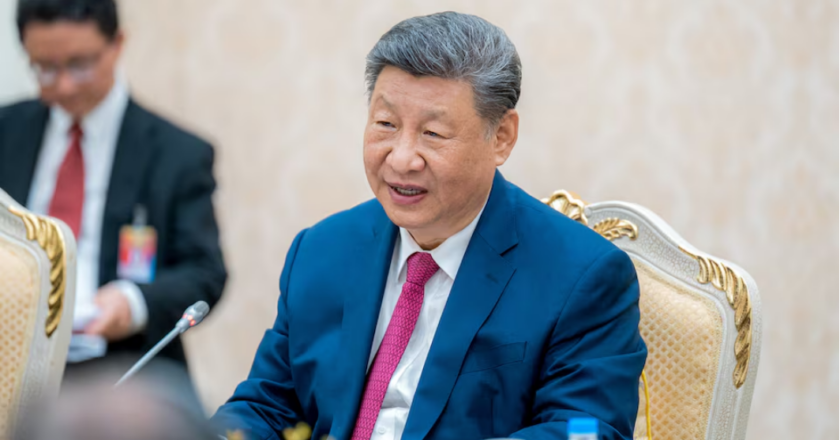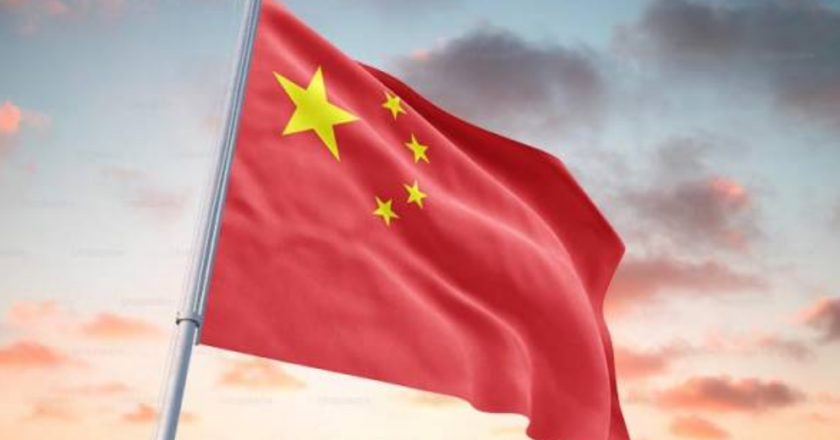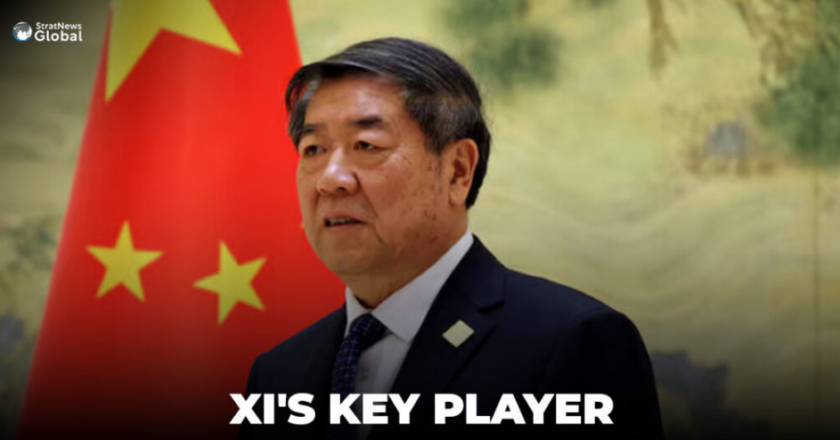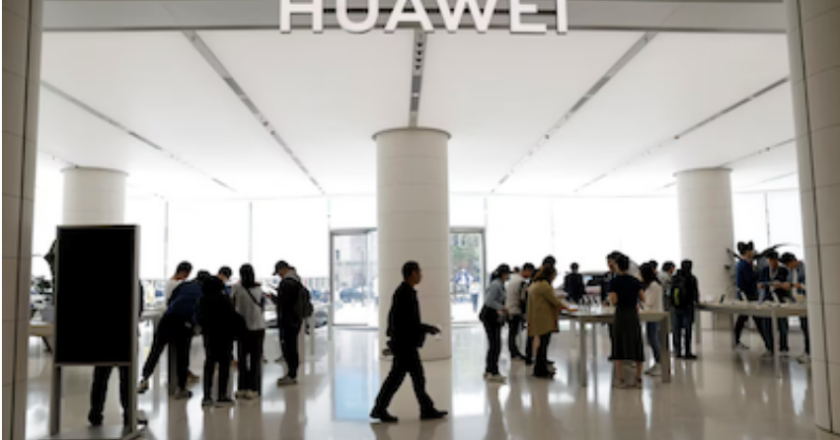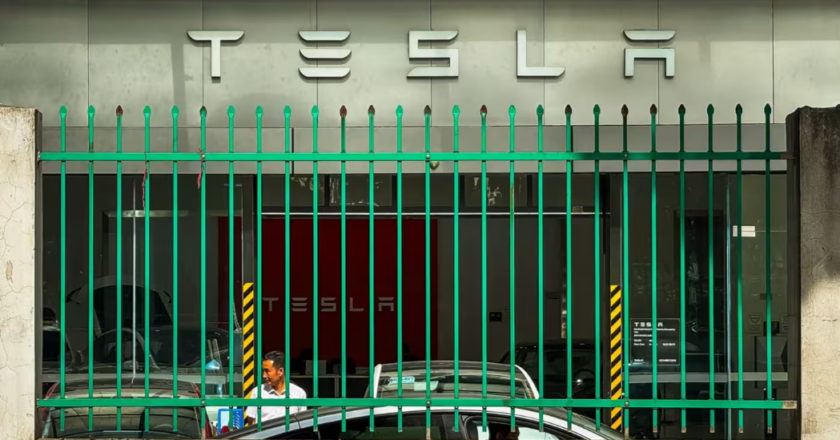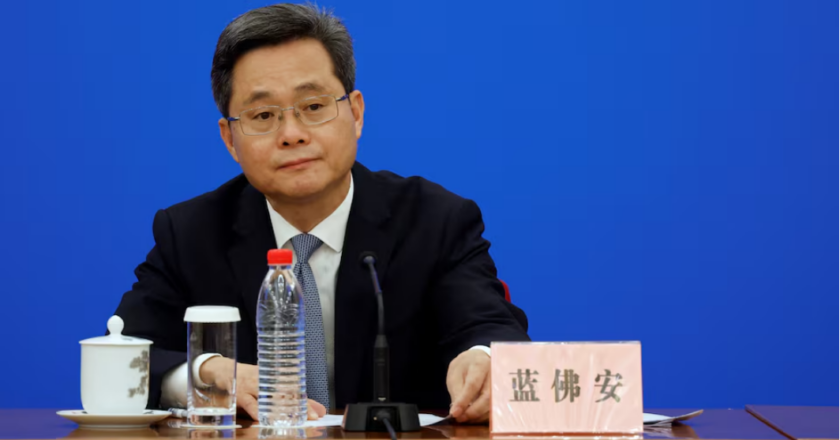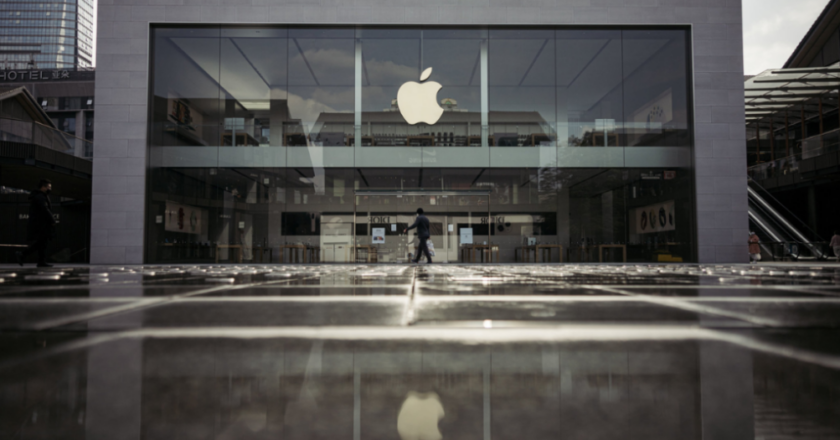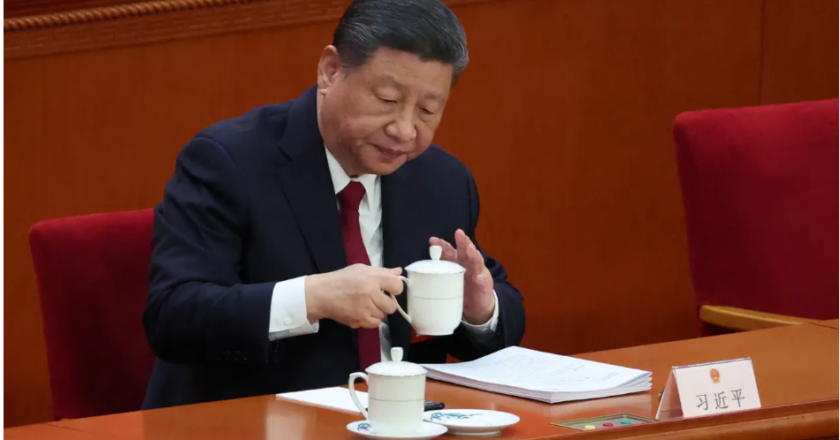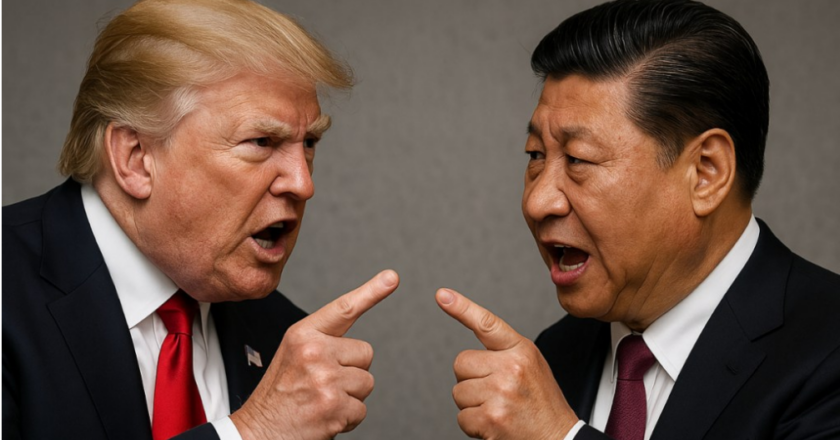China downplays impact of Trump tariffs on economic recovery
Chinese policymakers on Monday sought to assuage concerns the broad U.S. tariffs could derail efforts to shore up a fragile economic recovery, even as analysts warn the hefty levies raise the risk of a sharp downturn in growth.U.S. President Donald Trump's global trade war has rattled financial markets and raised fears of a recession, particularly as tit-for-tat tariffs between the world's two biggest economies threaten to upend supply chains and a whole range of industriesHowever, Zhao Chenxin, vice head of the National Development and Reform Commission (NDRC), China's state planner, said he was "fully confident" the country will achieve its economic growth target of around 5% for 2025.Zhao refrained from announcing any new support or stimulus measures, but said the NDRC would roll out n...
